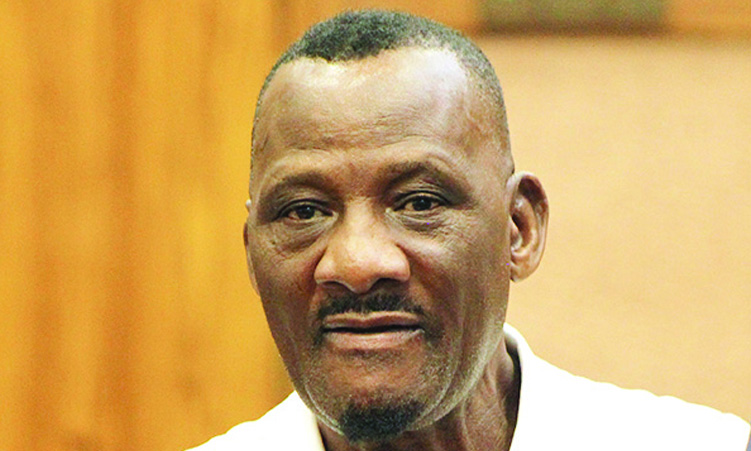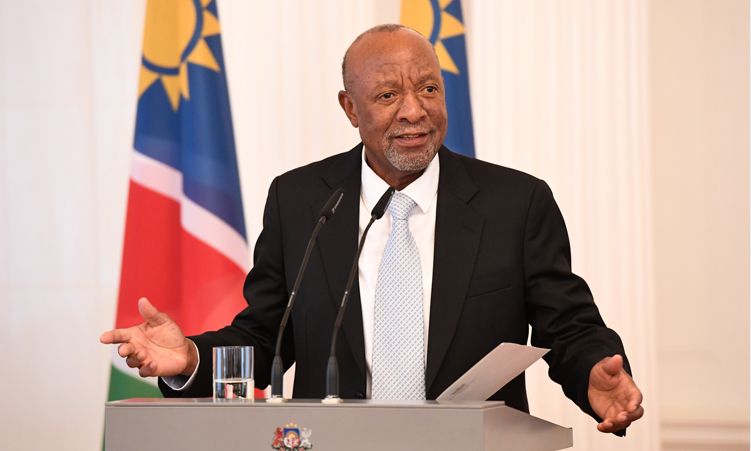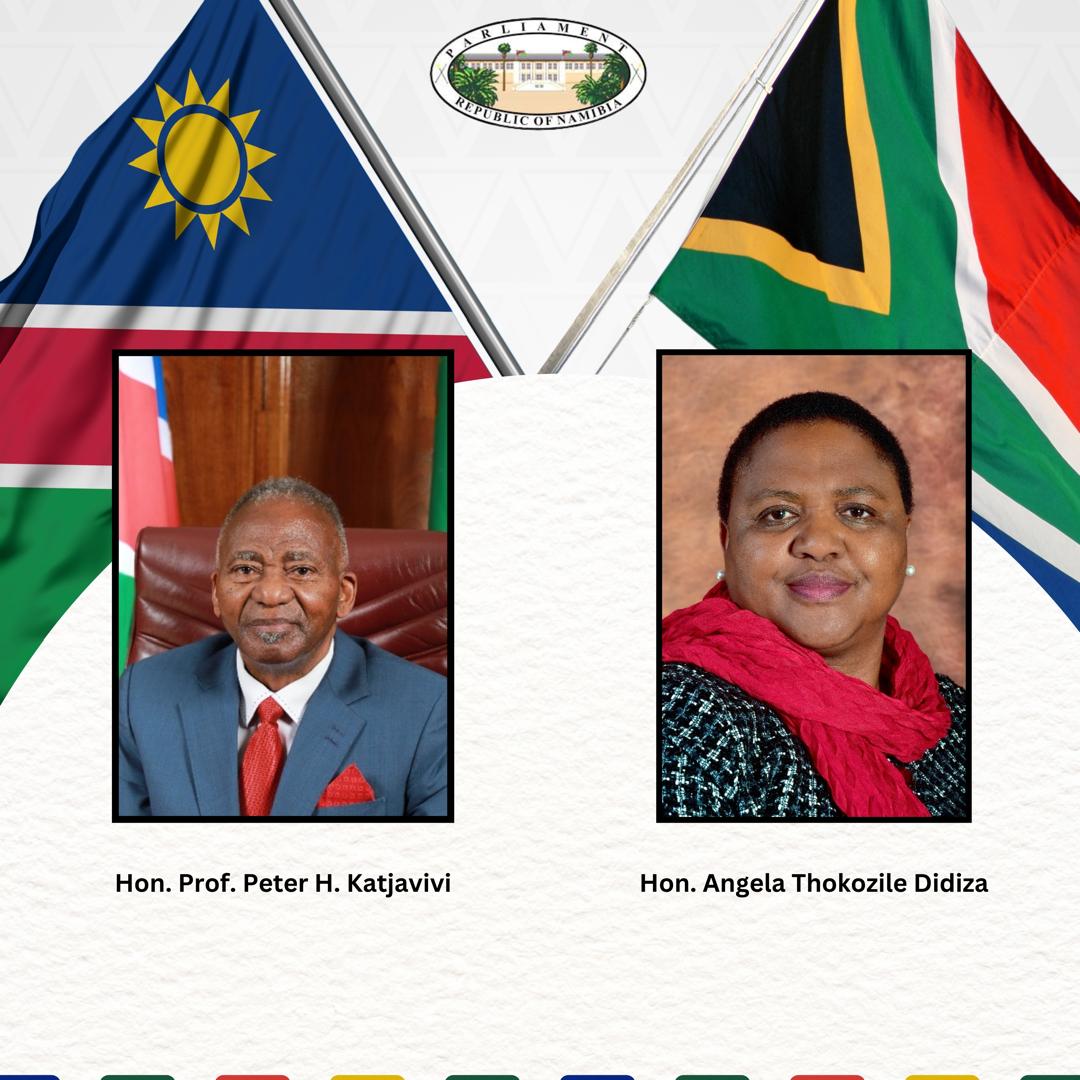A prison term of 35 years handed to a Windhoek shop owner convicted of murder and other crimes near the end of 2019 was “shockingly inappropriate”, a lawyer argued during an appeal hearing in the Supreme Court last week.
Lawyer Sisa Namandje, representing Sakarias Mathias in his appeal against the sentence he received at the end of his trial in the Windhoek High Court, argued on Wednesday that that the length of Mathias’ prison term had the same effect as extra-long sentences of imprisonment that were ruled unconstitutional by the Supreme Court in February 2018.
Mathias was 59 years old when he was sentenced in December 2019 to 28 years’ imprisonment on a charge of murder and further jail terms on counts of attempted murder, possession of a firearm without a licence and attempting to defeat or obstruct the course of justice – resulting in an effective prison term of 35 years.
The charges on which he was convicted were linked to an incident in which a 21-year-old woman was killed when she was shot in a bar at Katutura in Windhoek in April 2014.
Namandje argued that in terms of the current law Mathias would have to serve about 23 years – which is two thirds – of the effective sentence of 35 years, with the result that he would be in his early eighties once he becomes eligible to be considered for release on parole.
At that age, Namandje remarked, Mathias would not be able to again be a productive member of society.
The appeals court would be entitled to interfere with a sentence of 35 years’ imprisonment received by someone nearly at the age of 60, Namandje argued.
On a question from acting judge of appeal Theo Frank, who was one of the three judges hearing Mathias’ appeal, Namandje suggested that a 16-year prison term would be an appropriate sentence to replace the one that Mathias received in the High Court.
On behalf of the state, South African senior counsel William Mokhare noted that an appeal court would interfere with a sentence imposed by a trial court only if it is of the opinion that the sentence was “startlingly inappropriate” – a description that he said did not fit Mathias’ sentence.
In written arguments filed at the court, Mokhare argued that notwithstanding Mathias’ advanced age, he still has a realistic hope of being released if he meets the requirements to be considered for parole.
A court should send a message to society that a brutal crime cannot be accepted, Mokhare said.
He also argued that the trial court correctly took into account the violence involved in the crimes of which Mathias was found guilty, and that there is no basis to find that the trial court misdirected itself with the sentences it imposed.
Frank and acting appeal judges Hosea Angula and Rita Makarau reserved their judgement on Mathias’ appeal.
The appeal was part of a group of eight appeals by prison inmates against their sentences that were scheduled to be jointly heard by Frank, Angula and Makarau on Wednesday.
However, the hearing of the other appeals did not proceed, after defence lawyers Winnie Christians and Mbanga Siyomunji informed the court they were not yet ready to argue their clients’ appeals.
The court postponed the hearing of the other appeals to 15 November.
All of those appeals involve offenders sentenced to lengthy prison terms – ranging from 42 years to 60 years – at the end of six separate trials in the High Court between September 2000 and May 2019.
The inmates’ appeals against their sentences are set to be heard in light of a February 2018 Supreme Court judgement in which the court found that sentences of imprisonment for such a long period that it would leave the sentenced offender without a realistic hope of ever being released from prison amount to cruel, degrading and inhuman punishment, and infringe the prisoner’s constitutional right to human dignity.
Mokhare represented the state assisted by Veiko Alexander.
Stay informed with The Namibian – your source for credible journalism. Get in-depth reporting and opinions for
only N$85 a month. Invest in journalism, invest in democracy –
Subscribe Now!






